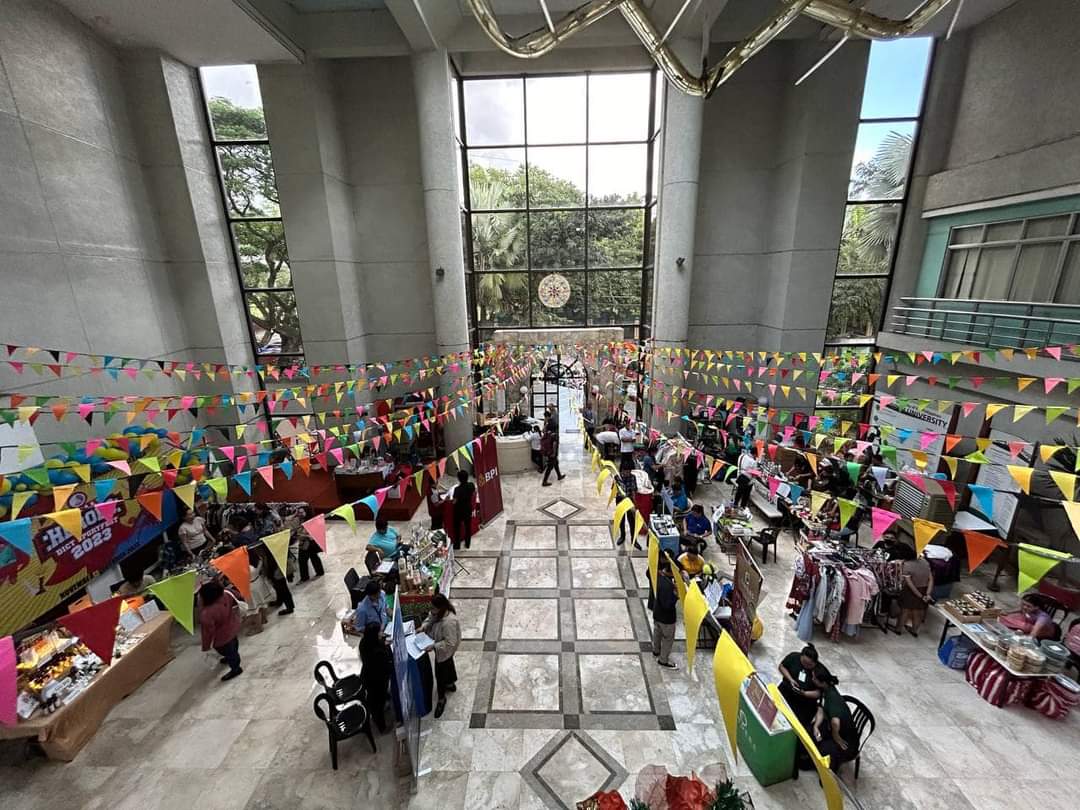DICT helps gov't agencies improve cybersecurity measures

With the recent spate of online attacks from hackers, government agencies are trying to strengthen their cybersecurity with the help of the Department of Information and Communications Technology (DICT).
In a public briefing on Thursday, DICT Spokesperson Assistant Secretary Renato Paraiso said his department has been providing assistance to different agencies by conducting vulnerability assessment and penetration tests to their systems.
“Maganda naman po yung naging tugon ng ating mga iba't-ibang ahensya ng pamahalaan. They improved the cybersecurity postures, they improved the systems. Pinapalakas po nila [ang sistema nila] with the guidance of DICT at marami po sa kanila lumalapit na sa DICT para po magconduct ng vulnerability assessment and penetration test para po malaman ano yung level of security nila, what they can improve on and ano pa po ang mga dapat baguhin sa mga sistema pa po nila,” said Paraiso
(The response from our different government agencies has been positive. They improved the cybersecurity postures, they improved the systems. They are strengthening [their systems] with the guidance of DICT, and a lot of them approached the DICT to conduct vulnerability assessment and penetration tests to identify their level of security, what they can improve on and what else they need to change for their systems.)
He added the DICT is coordinating with law enforcement agencies, such as the Philippine National Police (PNP) and the Department of Justice (DOJ), in tracking and identifying individuals behind proliferating scam and hacking groups, especially during the holiday season.
“Madami na po tayong mga leads, madami na din pong natutukoy but it’s still an ongoing investigation kaya nga we hold our cards really close to our chest para mapuksa natin ng tuluyan [ang mga responsible]. Hindi lang ma-block yung sites, hindi lang ma-block yung number, also to prosecute these people that are behind these crimes,” he said.
(We have several leads, and we have identified (suspected scammers) but it’s still an ongoing investigation, which is why we hold our cards really close to our chest to finally defeat [the perpetrators]. Not just blocking the sites and their phone numbers, but also to prosecute these people that are behind these crimes.)
Earlier, the DICT released a reminder called the “12 Scams of Christmas” to the public which detailed the modus operandi employed by scammers during the holidays.
“Marami po talaga ang gusto manamantala dito sa online scams na ito, tyaka yung mga pananamantala sa ating mga kababayan. In Asia alone, it’s a trillion dollar industry so asahan natin na maraming gustong pumasok sa industriyang yan,” said Paraiso.
(Many people want to take advantage of these online scams on our countrymen. In Asia alone, it’s a trillion dollar industry, so expect a lot of people being involved in this industry)
“It’s really a concept of really educating our people, kasi I can attribute that to a couple of things kasi marami pa po sa mga kababayan natin [ay] hindi pa gaanong angkop o di pa sila gaanong educated when it comes to digitalization,” he said.
(It’s really a concept of really educating our people, because I can attribute that to a couple of things since a lot of Filipinos are not familiar or educated when it comes to digitalization.)
Meanwhile, the DICT said it has established around 12,000 access points for the government’s Free WiFi for All Program 2023.
The agency said it is also improving the E-Gov application to further streamline and digitalize government processes.—RF, GMA Integrated News




